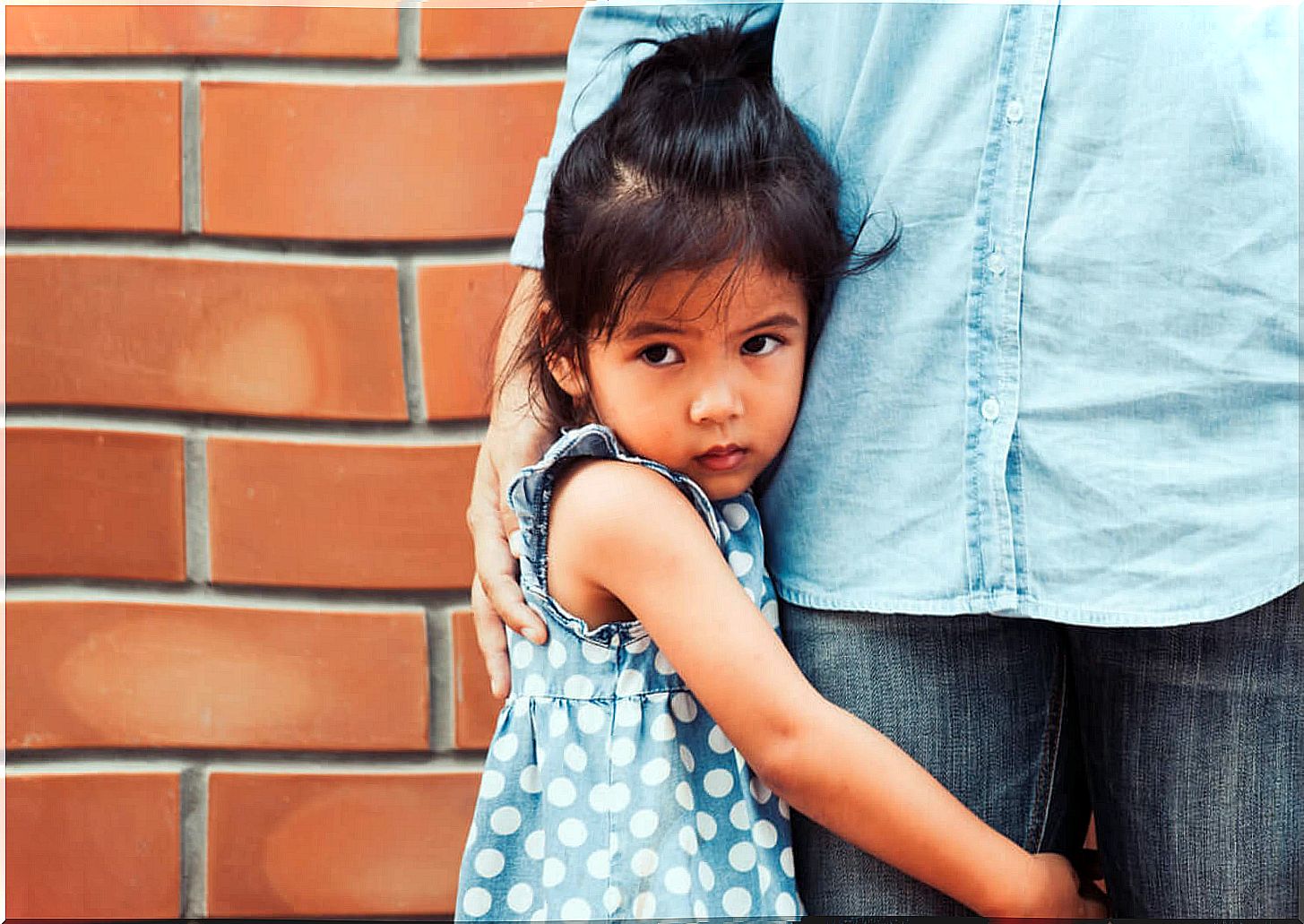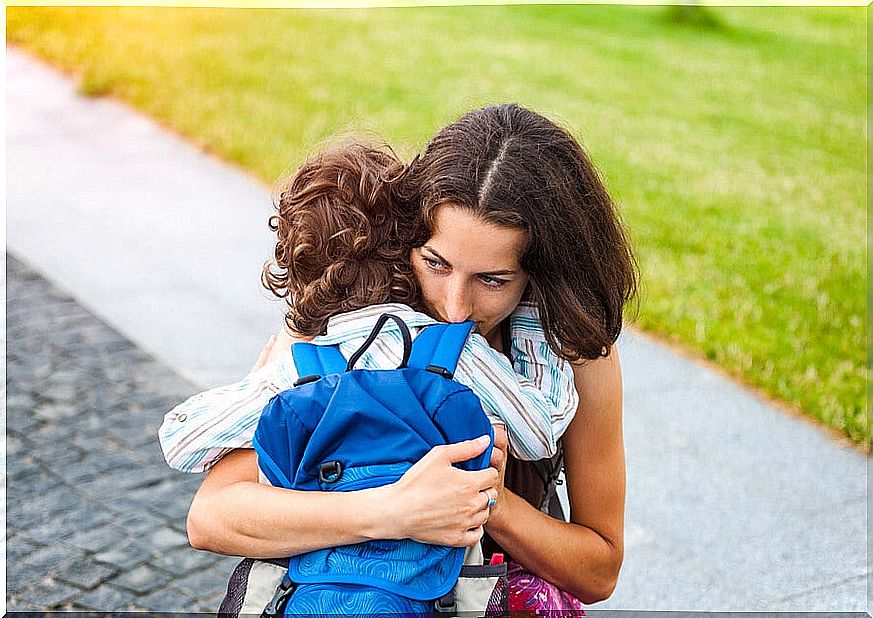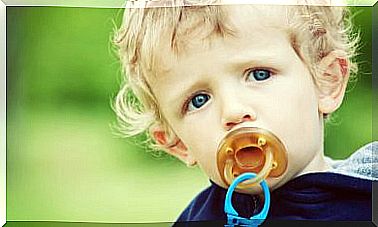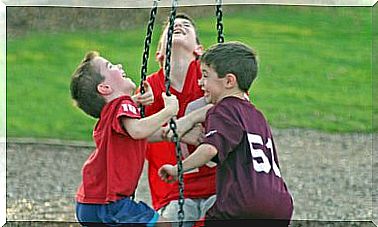In The Face Of Childhood Fears, Understand Without Overprotecting

Children are discovering the world. For them everything is new, surprising and unknown. For this reason, it is common for a thousand and one fears to arise until they fully understand each element of their environment. Adults, many times, contribute, without knowing it and with our best intention, to increase these fears. Therefore, when faced with childhood fears, the best attitude will always be to understand without being overprotective.
It is important to remember that parenting is often a matter of trial and error, as no parent is born knowing everything and no child is the same as another. In this regard, we must be patient with our little one, but also with ourselves. Finally, we are both learning.
What are the most frequent mistakes when faced with childhood fears?
When we are new to the adventure of parenthood, it is normal for us to find ourselves lost in many situations. Even if we already have more children, we are likely to face new challenges that did not come before us. Still, there are two very common positions that we should avoid.

Minimize childhood fears
This is one of the attitudes that adults most often adopt when faced with the fear of children. Either because of our inability to put ourselves in their shoes or because of our intention to reassure them, we tend to minimize their feelings. Thus, it is common for us to pronounce phrases such as: “it’s not that bad”, “that’s why you don’t cry” or “don’t be a baby.
We must try to understand that the storm that seems harmless to us can be frightening for the little one. That an animal or an insect may seem dangerous to you at first. And that everyday activities such as sleeping in the dark or washing your hair can make you fearful for different reasons.
Although we cannot rationally understand his fear, it exists and is important to him. Therefore, the first step will always be to validate your emotion and assure you that it is normal to feel fear sometimes. If we downplay your fear, you may feel misunderstood, judged, or ridiculed.
If our intention is to relativize or reassure the child, this is not a good strategy either. It will always be necessary for you to feel understood and validated so that, from there, you can guide you in how to face your fear.
Protect excessively
At the other extreme are those parents who, observing fear in their children, do everything possible to protect them. Thus, if the little one is afraid of the vacuum cleaner or a dog, when the child cries, they will pick him up, take him away from the feared object and try to reassure him with phrases such as: “I am here, I protect you . ” Similarly, if the infant is afraid of sleeping alone, parents may choose to carry him to the double bed to make him feel safe.
All these actions are motivated by love and the desire to avoid the suffering of the child. And, surely, they will achieve their mission in the short term and the little one will calm down. However, we will be preventing you from facing challenges and developing self-confidence. It is useless to reassure him by saying “Daddy is here” , because sooner or later Mom and Dad won’t be able to be by his side.

When he has to go out into the world, when he starts school and gains independence, we need him to trust himself. We need that you have developed the skills to deal with certain fears and that you feel capable of doing so.
Understand without overprotecting
As in many of the situations associated with the education of the very young, the key is to find a balance. Neither an excess of harshness nor of indulgence will be positive. Neither dramatizing nor playing down child fear will bring us closer to the desired results. So, we have to keep two maxims in mind:
- Treat your child as you would like to be treated ,
- Remember that you must prepare him to face the world on his own.
If you remember these precepts, it will be easier for you to decide how to act in times of crisis. It will be natural for you to comfort, support and understand your little one, because it is what you yourself would need if you were feeling fear. And, on the other hand, you will be able to offer progressive autonomy.
Thus, you can approach the vacuum cleaner taking him by the hand so that he himself can verify that it is harmless. And you will stay by his side while he manages to fall asleep in his own room. Above all, remember that there are no magic formulas and that, many times, instinct knows how to show us the way.










